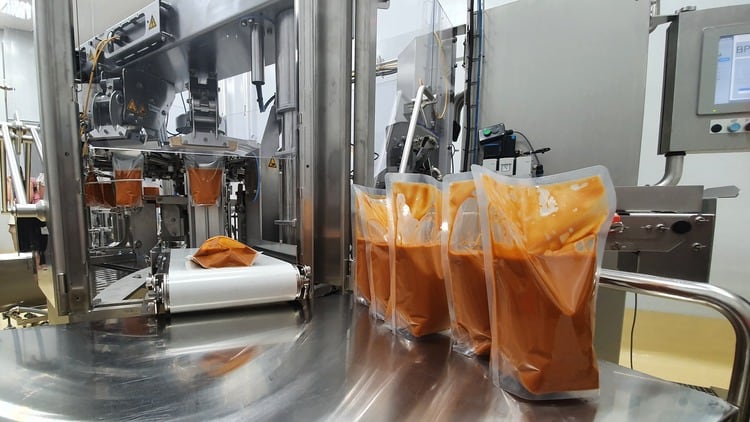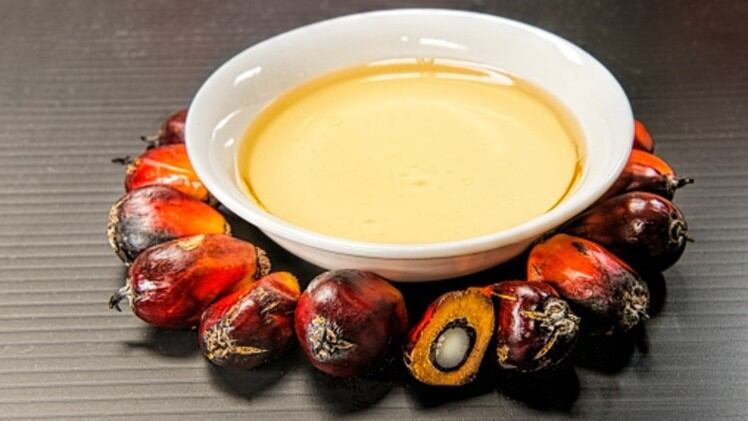Red list rescue: Singapore’s Umami Meats focuses on endangered species for cultivated fish success
Singapore-based Umami Meats has highlighted its innovation focus on fish species that are popular as part of Asian cuisines but are also on the IUCN Red List in terms of vulnerability, targeting a 2024 product launch date for its blended cultivated-plant-based seafood.
The firm recently acquired US$2.4mn in funding from a raft of international investors including new VC fund Better Bite Ventures, and plans to use these funds to further develop its proprietary technology to lower product costs and produce its first demo products.
“Our priority is on fish species that are hard to domesticate due to either being too difficult to farm or the economics not making sense, yet are very popular in Asian cuisines thus end up being classified threatened or endangered in the IUCN Red List,” Umami Meats Co-Founder and CEO Mihir Pershad told FoodNavigator-Asia.
Filling the protein gap: China cultivated meat firm CellX lays out cost reduction and commercialisation plans
China cultivated meat firm CellX has revealed both its short-term and long-term strategies to bring its novel products to the commercialisation stage, with plans to build its own facility some time in 2023 to facilitate its focus on cost reduction and scaling up.
CellX burst into the alternative protein scene in China and the region last year after it debuted its technology at the Brinc Virtual Demo Day and reached the finals in XPRIZE’s Feed the Next Billion contest, then made more headlines later in the year by closing US$4.3mn in funding and debuting samples of its cultured pork.
According to the firm’s Co-Founder and CEO Ziliang Yang, CellX plans to not just produce cultivated meat products in order to meet China’s food security goals, but also help the traditional meat industry to make sustainable improvements.
Show me the money: China’s New Protein sector hopeful to get its own Green Financing system
The alternative protein sector in China – more commonly known as New Protein locally – is hopeful that it could finally get its own Green Financing system in line with China’s 2060 carbon neutrality goals, similar to existing financing systems in the energy and transportation sectors.
There has been much hype in recent months after Chinese President Xi Jinping made a specific mention of alternative protein in relation to food security and feeding the country’s population of 1.4 billion and growing.
This in itself is good news for local consumers knowing that solutions against food insecurity are being developed – but for the New Protein sector, this means so much more not just because of this recognition, but because of the new opportunities that have opened up from development, marketing and funding perspectives.
‘Real-world applications’: Cell Ag Australia urges government to push career options in cultivated products
Australian cellular agriculture industry group Cell Ag Australia has urged the government to take a leaf from Singapore’s book and approach cellular agriculture and cultivated products as a practical, real-world career option for students and researchers in order for the sector to reach its full potential.
Australia has long taken pride in its promotion of and numerous successes in the areas of Science, Technology, Engineering and Mathematics (STEM) given its relatively solitary geographical state, but according to the local cellular agriculture sector, these successes are not always seeing real-world results – a situation that progress in developing cultivated products could help to correct.
“Australia has all the right ingredients to thrive in cellular agriculture [and we should], given how we take such pride in promoting and succeeding in STEM,” Cellular Agriculture (Cell Ag) Australia Director told FoodNavigator-Asia.
Milk-free chocolate: India’s CARRA launches rare plant-based white bar to ‘plug the gaps’
Indian plant-based chocolate firm CARRA has launched its first dairy-free white chocolate bar, aiming to ‘plug the gaps’ in its portfolio to appeal to a wider consumer base.
Although plant-based chocolates have been around in India for some time, the vast majority of these are dark or milk chocolates due to these being easier to match in terms of appearance and taste when the dairy component is removed.
“There are very few white chocolate bars that do not contain milk and dairy in the Indian market as it is not easy to attain the required colour or milky mouthfeel to match just by using plant-based ingredients,” CARRA CEO Komal Khosla told FoodNavigator-Asia.





